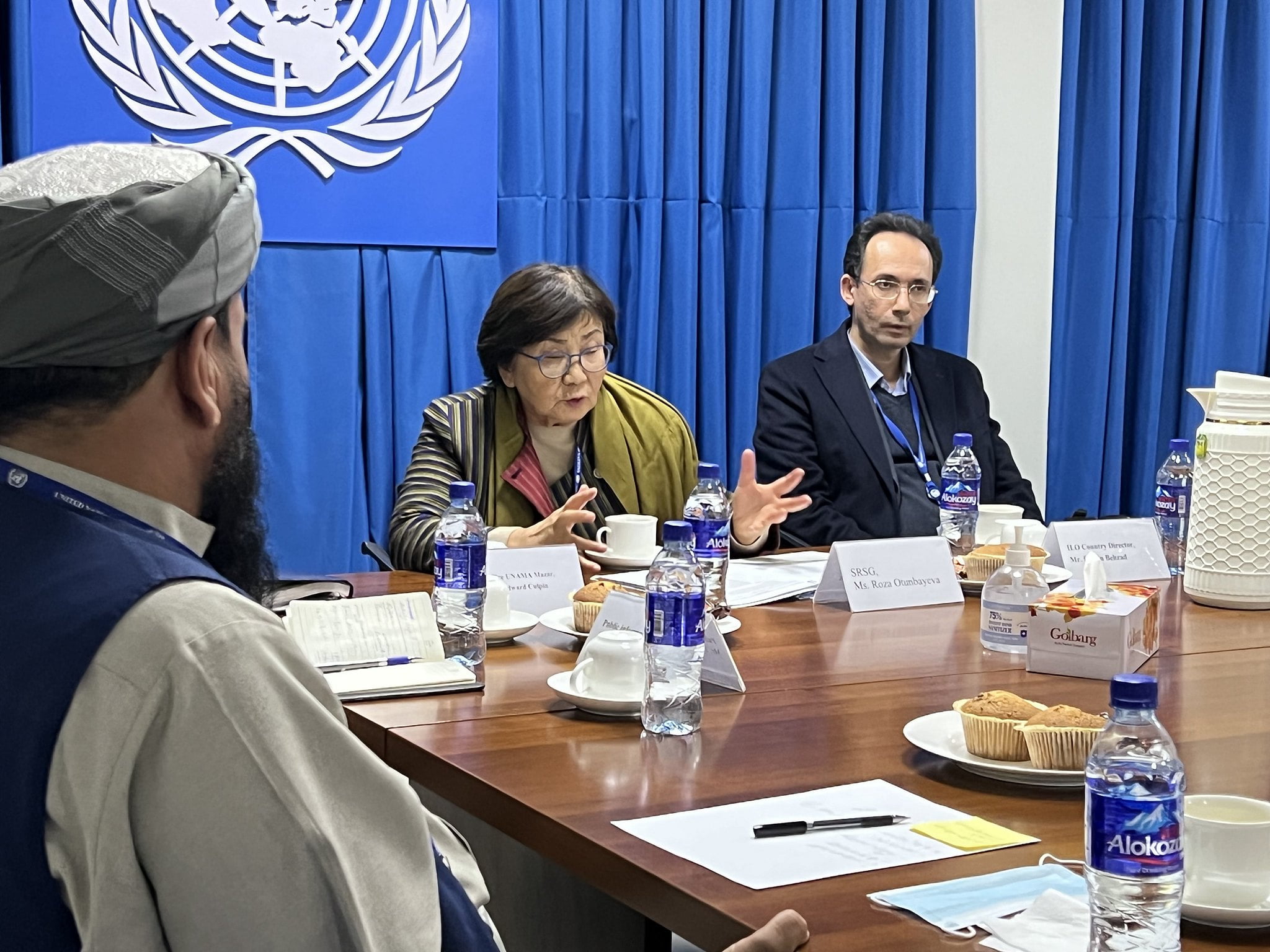
Kabul – To facilitate continued aid efforts, the United Nations Security Council has extended the mandate of the United Nations Assistance Mission in Afghanistan (UNAMA) for an additional year. Both the United States and the Taliban have signaled their support for the decision.
On March 15, Resolution No. 2727 (2024) was approved by the Security Council, extending UNAMA’s presence in Afghanistan until March 17, 2025. The resolution underscores the importance of UNAMA’s work in ensuring continued humanitarian assistance within the country, along with programs coordinated by other UN agencies. The Council called upon all relevant Afghan actors to collaborate fully with UNAMA.
While the decision extends UNAMA’s operational capacity, the Security Council has also mandated that the UN Secretary-General, Antonio Guterres, provide quarterly reports assessing both the situation in Afghanistan and UNAMA’s progress.
U.S. Pledges Commitment to Afghan People
Linda Thomas-Greenfield, the U.S. Ambassador to the United Nations, welcomed the extension of UNAMA’s mandate. She reaffirmed the United States’ strong support for the mission and its “deep commitment” to the people of Afghanistan.
In a statement, Ambassador Thomas-Greenfield outlined UNAMA’s core priorities within the country:
- Addressing the dire humanitarian and economic crisis
- Promoting peace and stability
- Facilitating dialogue among Afghan political figures and stakeholders
- Upholding the human rights of Afghans, particularly women and girls
- Supporting basic rights and fundamental freedoms
Taliban Spokesperson Expresses Support, Outlines Expectations
Zabihullah Mujahid, spokesperson for the Taliban government, acknowledged the Security Council’s resolution as being in Afghanistan’s best interests. He emphasized the country’s need for strong relationships with international institutions and asserted that UNAMA can play a vital role in solidifying those ties.
In an audio interview with the state-run RTA (Radio Television Afghanistan), Mujahid urged UNAMA to take active steps towards improving diplomatic relations, specifically by mediating unresolved issues between the Taliban and other nations. He outlined several expectations for UNAMA:
- Accurately representing Afghanistan’s progress on the global stage, including security improvements.
- Facilitating stronger connections between Afghanistan and the international community
- Advocating for the release of frozen Afghan assets and the lifting of sanctions placed on the Taliban government
International Perspectives
The Security Council’s decision was met with a generally positive reception. Japan, which currently holds the Council’s presidency, submitted the resolution on UNAMA. Its representative underscored the critical role UNAMA plays in bridging the gap between the international community and the Taliban. He stressed the mission’s importance in conveying a message of solidarity with the Afghan people.
While supportive of the extension, China’s representative expressed disappointment that recent developments in Afghanistan were not adequately reflected in the resolution. He noted the country’s security improvements since the Taliban came into power.
A Critical Mission Continues
UNAMA, established in 2002, has been a key player in Afghanistan for over two decades. This latest extension amidst complex and evolving circumstances highlights the unwavering need for coordinated humanitarian efforts. It remains to be seen how UNAMA will navigate the delicate balance between its mandate and the expectations of the Taliban government.
